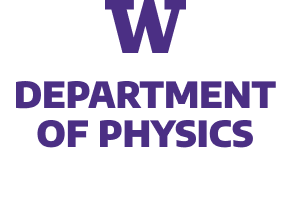
State preparation in quantum simulations of lattice gauge theories

Christopher Kane, The University of Arizona
Simulating Standard Model physics is likely to require fault-tolerant quantum computers. In this regime, it may be beneficial to consider algorithms that exhibit nearly optimal scaling with the problem parameters. In this talk, we address utilizing such algorithms for state preparation, a crucial stage of quantum simulation.Many of these algorithms rely on repeated calls to a block encoding of the Hamiltonian of interest. However, the construction of this block encoding subroutine is often a bottleneck in these algorithms, which leads to large prefactors in the overall gate cost. A recent proposal to overcome this issue amounts to using the so-called Hamiltonian time evolution input model. In this approach, known as Quantum Eigenvalue Transformation for Unitary Matrices (QETU), instead of querying the block encoding subroutine, one queries an exact or approximate time evolution circuit for some short period of time.In this talk, we will focus on applying the QETU-based state preparation algorithm to a particular formulation of U(1) lattice gauge theory in two spatial dimensions. We discuss how the gate count scales with the problem size and desired precision, as well as discuss the effects of approximate implementation of time evolution via product formulas. We also discuss a novel application of the QETU technique for efficient preparation of Gaussian distributions and wavepackets.





